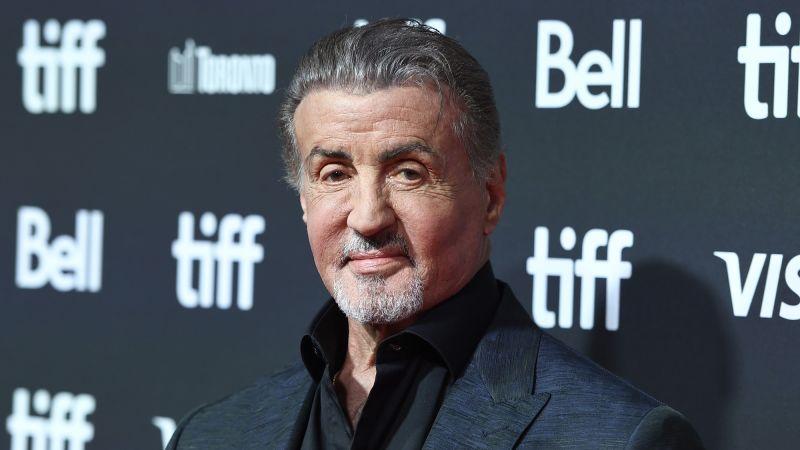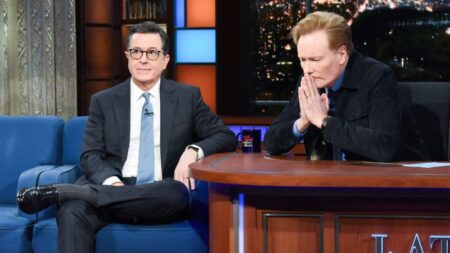The recent controversy surrounding the voice cloning of Alain Dorval, a French actor known for dubbing Sylvester Stallone in iconic films, has brought to light significant ethical issues regarding the use of artificial intelligence in the film industry. Dorval’s daughter, Aurore Bergé, who is also France’s minister for sexual equality, has criticized the AI-generated version of her father’s voice, which was developed for the new film “Armor.” This scenario poses alarming questions related to consent, artistry, and the legacy of performers.
Aurore Bergé’s frustration stems from a post made by ElevenLabs, a UK-based AI startup, in which they announced their success in recreating her father’s voice after his passing in February 2023. Initial excitement was quickly overshadowed by her strong objections. She detailed her grievances in a now-deleted post on X, stating that her agreement to work with the company was limited to a trial phase and that they exceeded those boundaries by using her father’s AI-cloned voice for publication without securing the necessary permissions from her or her mother.
In her remarks, Bergé expressed her concern, clarifying, “I never approved this publication,” indicating that had her father been alive, he would not have consented to such usage either. This sentiment underlines the fact that issues relating to the usage of deceased individuals’ personas in media require sensitivity and thorough ethical considerations. Bergé’s objection primarily highlights that any rights over her father’s voice and legacy should be respected and dictated by his family.
Amidst the outcry, ElevenLabs issued a statement confirming their intentions to use Dorval’s voice in “Armor,” while emphasizing their collaboration with his family. The company, acknowledging Dorval’s significant contribution to French cinema, highlighted that for nearly five decades, his baritone breathed life into Stallone’s characters such as Rocky Balboa and John Rambo for Francophone audiences. As part of their ongoing efforts, ElevenLabs asserted that they were taking steps to “preserve” Dorval’s artistic voice through their advanced AI technologies.
Moreover, they articulated a commitment to quality and control, claiming that if the final product did not meet certain quality standards, the film would revert to traditional dubbing methods. This assertion aims to reassure both the family and fans that the essence of Dorval’s work remains intact. ElevenLabs also emphasized that the family retains complete authority over how, or even if, this AI rendition is utilized in the film.
The company’s venture represents a pioneering step in integrating artificial intelligence within major cinematic productions. ElevenLabs articulated their vision by stating, “For us, it’s about showing how AI can support storytelling by respecting artistry and tradition.” They view the recreation of Dorval’s voice as not only a tribute to his legacy but also as a mechanism to enhance the storytelling experience for audiences. The significance of preserving such artistic expressions through technology poses both exciting possibilities and ethical dilemmas.
CNN has reached out for comments from ElevenLabs and Bergé, seeking further insights into the ongoing discussions and agreements regarding Dorval’s voice. The film “Armor,” which features Stallone as an armored truck driver entangled in a delivery of a suspicious package, premiered in the United States in November and is slated for release on Amazon France in March 2024.
As the landscape of filmmaking evolves with advancements in technology, the conversation around the responsible use of AI—especially relating to deceased artists—continues to grow. The blend of nostalgia and innovation opens a broader dialogue about how the industry can honor legacies while adapting to new storytelling methodologies. Balancing artistic integrity and technological progress is crucial as filmmakers navigate these complex waters, ensuring that respect for both the past and the future remains at the forefront of their efforts.











